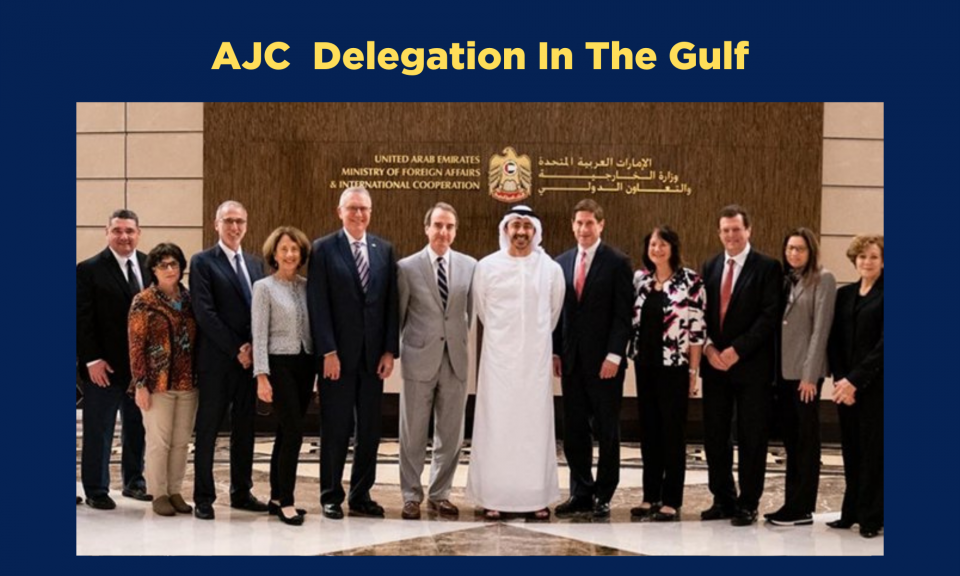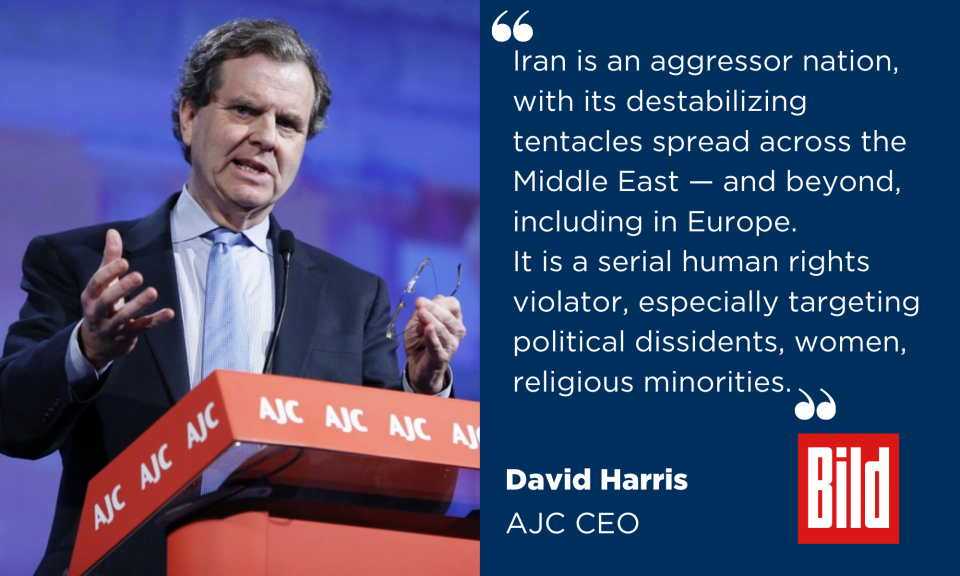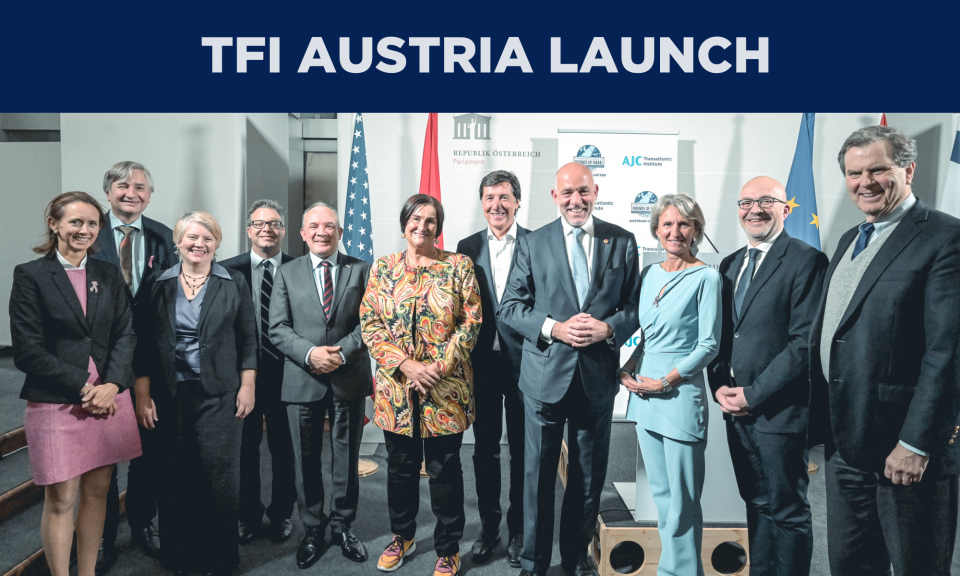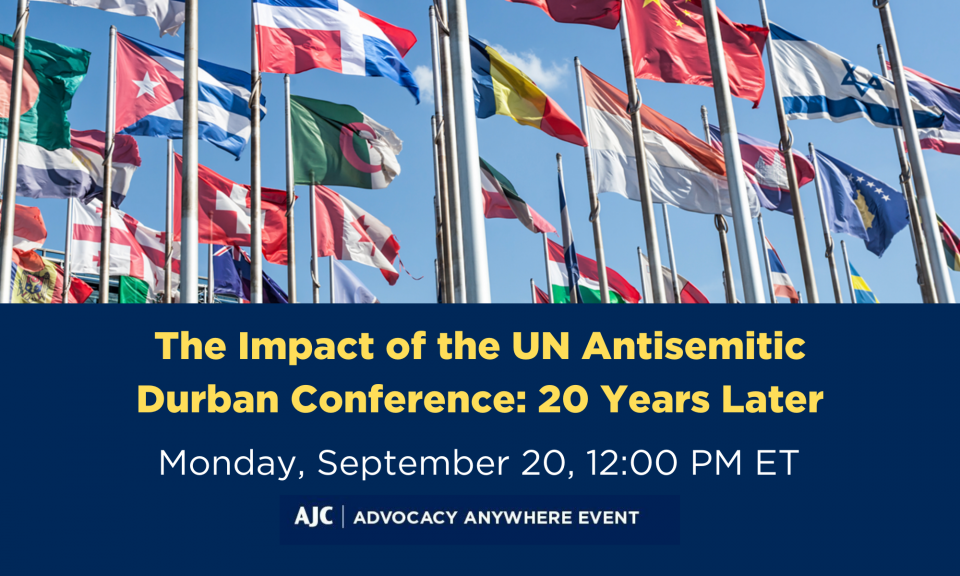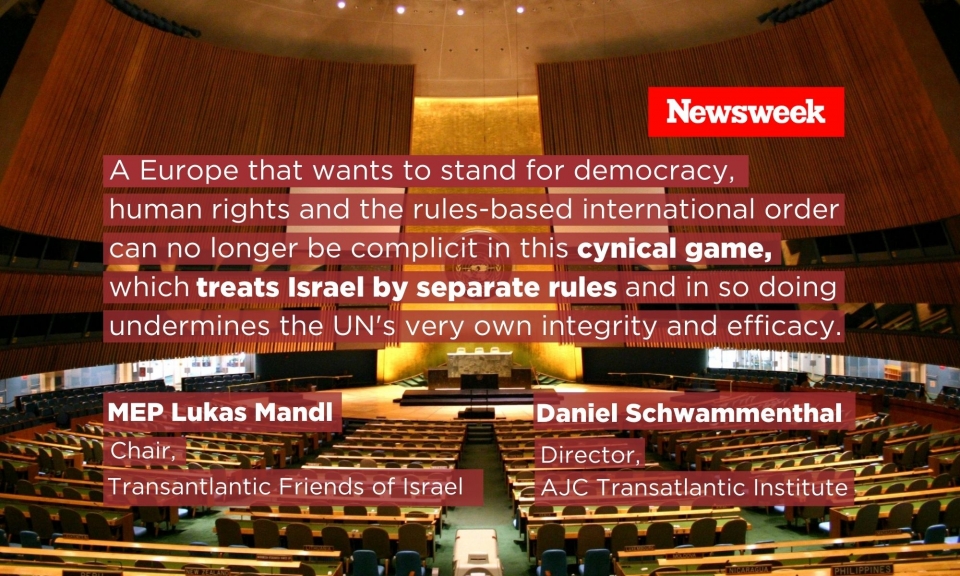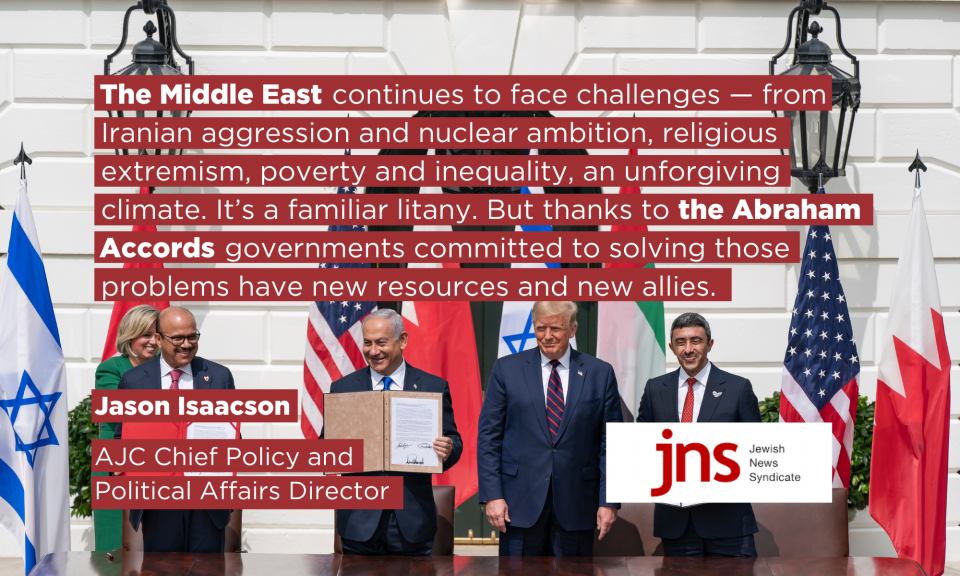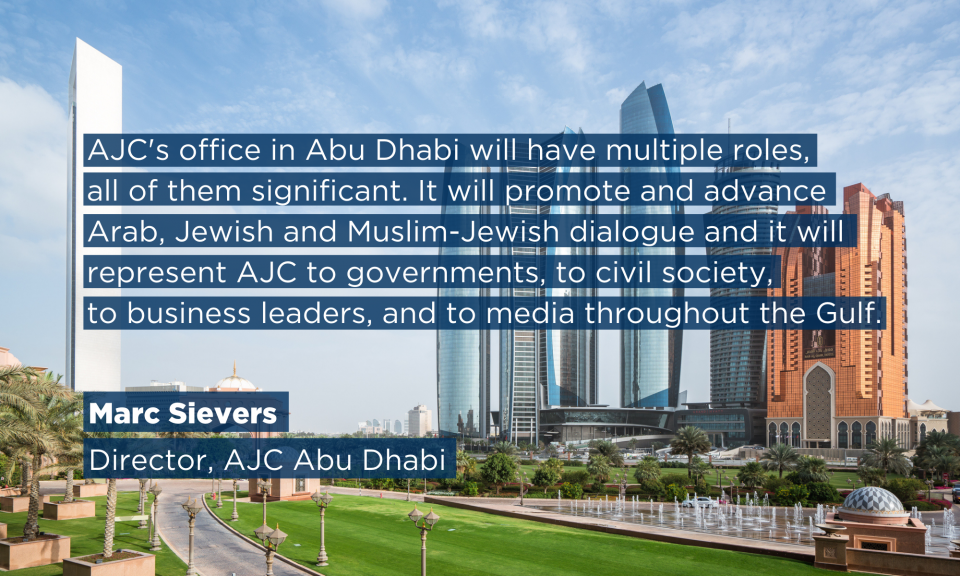Analysis
The Abraham Accords Inspired a Daring New Path for the Middle East
The Abraham Accords Inspired a Daring New Path for the Middle East
September 13, 2022
Jason Isaacson
After decades of disconnection, denial, and distrust, two years of normalized and remarkably warm relations between Israel and two Arab Gulf states have shown how ready the Middle East was — and is — for fundamental change.
Who would have predicted that even before the ceremonial signing of the Abraham Accords on the White House lawn — by Foreign Ministers Abdullah bin Zayed Al Nahyan of the United Arab Emirates and Dr. Abdullatif Al-Zayani of Bahrain, then-prime minister Benjamin Netanyahu of Israel, and then-US president Trump — the first of dozens of memoranda of understanding would be announced between Gulf and Israeli companies and government entities?
Who would have predicted hundreds of thousands of tourists being welcomed in countries they were so recently forbidden to enter; that packed flights of national airlines would be transiting daily between Tel Aviv and Dubai, Abu Dhabi, and Manama — through Saudi airspace; that kosher restaurants would open (and thrive) in Dubai, and that hotels in Abu Dhabi would be instructed to provide kosher options on their menus?
Who would have predicted the security cooperation agreement reached between Israel and Bahrain, less than 17 months after mutual recognition, or the defense cooperation agreement that preceded it — the first between Israel and an Arab state — that was signed during a visit by Israeli Defense Minister Benny Gantz to Morocco in November 2021, less than a year after bilateral relations were announced, or the free trade agreement concluded in record time between the UAE and Israel?
Far from public view, the foundation for these and other breakthroughs was laid by a cohort of Arab and Israeli visionaries, along with a small circle of policy analysts in US and Middle East think tanks and civil society advocates for regional peace, who saw the emerging outlines of strategic transformation years, even decades, ago.
It had been clear for years — and brought into sharp relief by both the rise of Al Qaeda and ISIS, and the political upheavals of 2010-11 — that the Arab status quo was inhibiting progress and incubating extremism across the Middle East and North Africa. More innovation, openness, recognition of diversity, opportunity for women, and regional cooperation would raise living standards and counter the appeal of radical ideologies.
It was equally clear that attempting to isolate the region’s greatest non-hydrocarbon-based success story, Israel, rather than seeking to integrate it and partner with it, was a colossal missed opportunity. While sympathizing with the cause of justice and political rights for the Palestinians — the justification for their long-closed door to Israel — Arab leaders grew increasingly frustrated with the fractured and ineffective Palestinian leadership, less inhibited about expressing that frustration to each other and to outsiders, and more and more open to discreet explorations of trade and other forms of cooperation with Israel.
It was also apparent, in meetings I and my American Jewish Committee colleagues had with Arab officials and analysts a decade ago, how profoundly perceptions of the US role in their region had changed, after the unipolar heights of the early post-Cold War period. There was a sense that Washington, by declining to stand with President Hosni Mubarak against the reformist throng in Tahrir Square in 2011, had revealed its unreliability, and its naïveté regarding the intentions and methods of the Muslim Brotherhood. Negotiations with Iran several years later over its nuclear program — negotiations to which no regional player was a party — deepened suspicions in Arab capitals. Sharing and openly expressing those same suspicions were the leaders of Israel, a country that had proven again and again its will and capacity to confront extremists, and to take extraordinary risks to neutralize threats.
Partnering with Israel, transforming the Jewish state from pariah to potential ally, grew increasingly attractive to wise regional leaders — as did the prospect of reaping political benefits in Washington from breaking the seemingly impenetrable logjam to Middle East peace.
What could be seen over the horizon a decade or two and — pitched by that cohort of daring believers as the likely yield from new relations, including technology sharing in a range of sectors, educational exchanges, public health and environmental cooperation, joint water and energy projects, and billions of dollars in trade and investments — has been the stuff of almost daily headlines these last two years.
Also envisioned early on, but not routinely in the headlines, was the growing security relationship between Israel and its Abraham Accords partners, a bulwark against Iranian aggression. It does not need to be in the headlines; the enemies of regional peace and stability know the game has changed.
In advance of President Biden’s visit to Israel and Saudi Arabia two months ago, there was speculation that he would announce a new security architecture for the region, focused on the multiple threats posed by Iran and its proxies, and that Israel would be one of its pillars. That his trip ended with no such announcement does not mean this “architecture” wasn’t discussed, or that military and intelligence units of countries with growing ties and facing common challenges aren’t cooperating. It does not mean that the US Central Command, which incorporated Israel into its area of responsibility one year ago, is not tasked with coordinating regional air defense; CENTCOM chief Gen. Michael Kurilla made Israel’s cutting-edge partnership clear in his recent visits to Jerusalem and Tel Aviv.
The foresight and courage of Emirati and Bahraini leaders two years ago set the Middle East on a new path toward greater opportunity, greater prosperity, greater security. These leaders were ready for fundamental change. As the bold leaders of other states assess the advantages to their people and to the cause of peace to be gained by further regional integration — and we know these assessments are well underway — the successes of the Abraham Accords’ first two years are sure to multiply.

